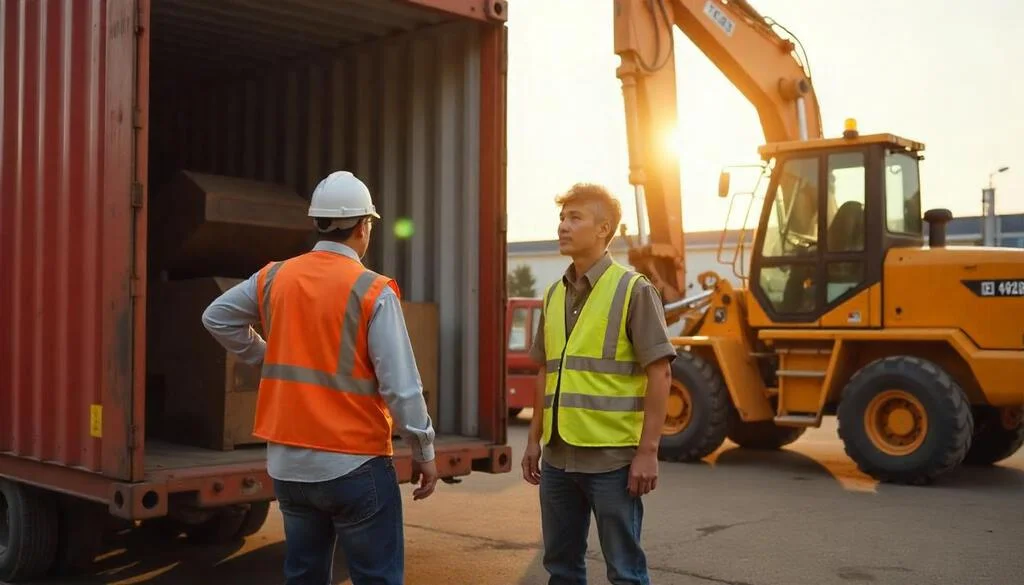
Eco-Friendly Palletizing: Sustainable Solutions for a Greener Future
As the logistics and shipping industries continue to evolve, sustainability has become a paramount concern. Businesses are increasingly seeking ways to reduce their environmental impact, and one effective approach is through eco-friendly palletizing practices. This extensive guide explores various sustainable palletizing solutions designed to minimize waste and lower the carbon footprint of logistics operations.
Understanding Eco-Friendly Palletizing
Eco-friendly palletizing refers to the methods and materials used to package and secure goods on pallets in a manner that reduces environmental impact. This involves everything from the materials used to construct the pallets to the methods employed to secure and protect the packaged goods during transit.
The Importance of Sustainable Palletizing
Adopting sustainable palletizing practices is crucial for companies looking to enhance their corporate social responsibility profiles, comply with environmental regulations, and reduce operational costs associated with waste and energy consumption.
Sustainable Materials in Palletizing
Recycled and Recyclable Pallets
Using pallets made from recycled materials is a core aspect of eco-friendly palletizing. These pallets can be made from reclaimed wood, plastic, or metal, all of which help reduce the demand for virgin resources and lower the environmental footprint of production.
Lightweight Pallet Design:
Lightweight pallets, crafted from materials like plastic or composites, cut down the total weight of shipments. This reduction lowers fuel consumption during transport, leading to fewer greenhouse gas emissions. Moreover, lightweight designs contribute to Eco-Friendly Palletizing by reducing the environmental impact of logistics operations. Businesses benefit from both cost savings and a smaller carbon footprint when adopting these innovative pallet solutions.
Reusable Pallet Systems:
Durable and reusable pallet systems, made from robust materials like metal or heavy-duty plastic, enhance sustainability. These pallets last longer, reducing the need for frequent replacements. By reusing pallets across multiple shipping cycles, companies diminish waste and demonstrate their commitment to Eco-Friendly Palletizing. Additionally, these systems align with modern sustainability goals while supporting cost-efficient logistics operations.
Innovative Wrapping Solutions
Biodegradable and Recyclable Stretch Wrap
Switching from traditional plastic stretch wraps to biodegradable or recyclable alternatives reduces plastic waste. These innovative wrapping solutions decompose faster than conventional plastics or can be easily recycled. By adopting these eco-friendly options, businesses actively support Eco-Friendly Palletizing, minimizing landfill waste and contributing to a more sustainable logistics process. Additionally, these changes align with global efforts to reduce environmental impact and promote greener supply chains.
Integrating Technology in Eco-Palletizing
Energy-Efficient Palletizing Machines
Modern automated palletizing systems equipped with energy-efficient technologies not only streamline operations but also reduce the electricity consumption of logistics facilities. These systems are crucial for businesses aiming to enhance their sustainability practices while maintaining high levels of productivity.
Conclusion: Committing to Sustainability
By adopting eco-friendly palletizing practices, businesses not only contribute positively to environmental sustainability but also enhance their operational efficiency and cost-effectiveness. The transition to greener palletizing solutions represents a significant step forward in the global effort to achieve more sustainable logistics and shipping practices.
For further information on implementing sustainable palletizing solutions or to inquire about customized eco-friendly options, please visit ProHuber for expert guidance and comprehensive solutions.




